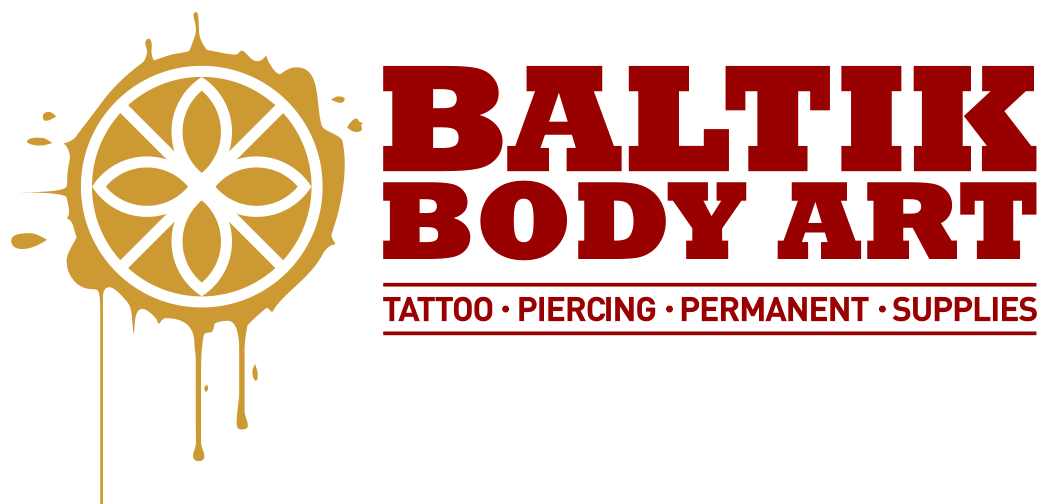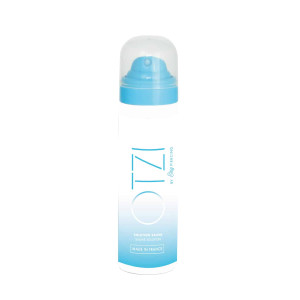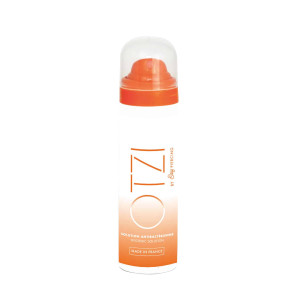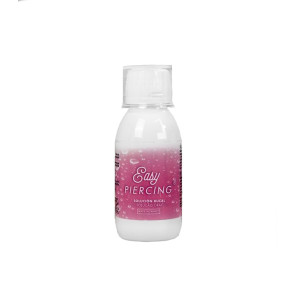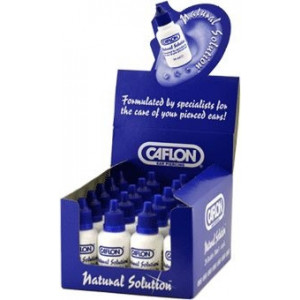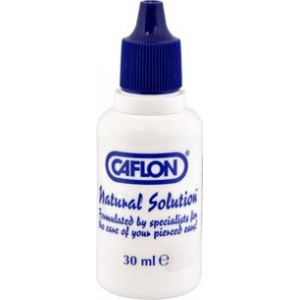In the first few months after piercing, it is extremely important to take good care of the new holes so they can heal properly. Apparently, each new piercing becomes a wound that, if left unattended or if harsh products are used, can prolong the discomfort and the healing process, and the piercing may not look aesthetically pleasing. Proper after piercing care helps to prevent infections and ensures that your piercing looks perfect.
Every piercer should give the client instructions on how to take care of the piercings after the piercing procedure. These should be followed carefully until the new holes are completely healed. Below you will find instructions on how to care for a newly pierced ear.
How to clean your piercing?
The piercing can be cleaned with a special solution or soap and water, however, before cleaning the pierced area, first thoroughly wash your hands. Otherwise, bacteria can get into the new piercing, making the area vulnerable to infection. Try to move the new earring as little as possible, especially avoiding twisting it.
During the healing process, piercings should be cleaned regularly 2-3 times a day. It’s recommended to set a reminder on your phone – for example, in the morning and in the evening, so you don’t forget to take care of the pierced area. Use disposable cotton buds or a paper towel for cleaning.
In addition, other hygiene is just as important – while the piercing is healing, pay special attention to the cleanliness of your bed linen by washing and changing it regularly. If possible, try not to sleep on the side with the new earring.
If you do not stick to a regular cleaning routine in the area around your earring, it poses various risks: irritation, infection, granuloma formation and scarring. You can usually tell if an area is infected by the way it changes, both in appearance and in the way it feels. If the area becomes very red, swollen or painful for a prolonged period of time, it may mean that something is wrong. In case you have any doubts about the healing process, you should see a specialist immediately.
Acceptable treatments and products
These products can help ensure that your new piercing or piercings bring you joy for a long time:
- Caflon Ear Solution. It is a product for the care of newly pierced ears. The bottle contains a pipette, making it easy to apply the liquid to your ear.
- Easy Piercing Saline Solution. This spray is used for daily cleaning of the ear, ensuring and optimising wound irrigation. Before cleaning the ear, wash your hands. Then, spray the liquid on a cotton bud and gently move the earring around. Use another cotton bud to wipe gently.
- Antibacterial Spray Solution. This antibacterial solution is used to fight bacteria easily and effectively. It is a preventive measure to help disinfect skin and jewellery.
Products to Avoid
- Hydrogen peroxide not only kills bacteria but also healthy white blood cells that aid in the healing process of the pierced area, so it can prolong the healing time. Also, avoid any solutions that contain hydrogen peroxide as an ingredient.
- Alcohol can dry out the skin and irritate your new piercing. Like hydrogen peroxide, it will slow down the healing time.
- Strongly perfumed soaps: instead, clean the skin around the new piercing with a mild, antibacterial soap and water, as highly scented soaps can cause a negative reaction and irritate the skin.
FAQ
How do I clean a new piercing?
Gently clean the earring with the recommended solution. Avoid harsh chemicals, including hydrogen peroxide, alcohol or strongly perfumed soaps and always wash your hands first before touching the piercing. Then dry the area with a clean disposable towel or tissue and, if possible, gently clean the area without twisting the earring.
How long does it take for a newly pierced ear to heal?
The healing time varies, but it usually takes about 6-8 weeks, while it can take 3 months to a year or more for a cartilage piercing to heal. The healing time may also depend on individual factors such as age, general health and care of the piercing.
How to prevent infection?
To avoid infections, practise good hand hygiene and use high-quality hypoallergenic jewellery. In case of suspected infection, contact a specialist.
